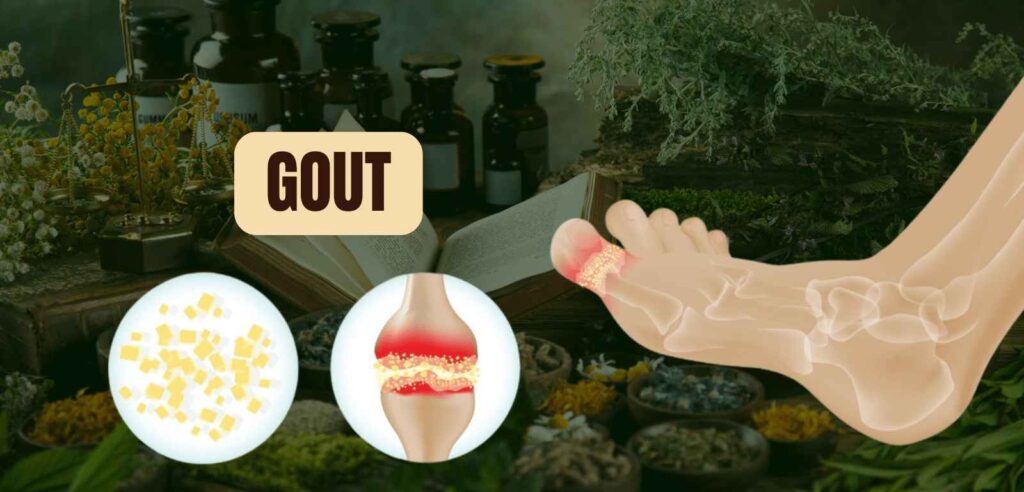
Gout (Arthritis)
Gout is a common and complex form of arthritis that can affect anyone.
It’s characterized by sudden, severe attacks of pain, swelling, redness, and tenderness in the joints, often the joint at the base of the big toe.
Gout is caused by an excess of uric acid in the bloodstream, which can form hard crystals in your joints. This can be due to the body producing too much uric acid or not excreting enough of it.
Risk factors for gout include a diet rich in meat and seafood, obesity, certain medical conditions like high blood pressure, and the use of certain medications.
Gout treatment is caused by high levels of uric acid in the blood. This can occur for several reasons:
Submit An Inquiry
Contact Us
Timing
- 1:00 PM To 6:00 PM
Visit Clinic
1. Intense Joint Pain: Gout usually affects the large joint of the big toe, but it can occur in any joint. The pain is most severe in the first 4 to 12 hours after it begins.
2. Lingering Discomfort: After the most severe pain subsides, some joint discomfort may last from a few days to a few weeks. Later attacks are likely to last longer and affect more joints.
3. Inflammation and Redness: The affected joints may become swollen, tender, warm, and red.
4. Limited Range of Motion: As gout progresses, you may not be able to move your joints normally.
5. Joint Stiffness: The affected joint may feel stiff and be difficult to move.
1. Overproduction of Uric Acid: Some people naturally produce more uric acid than others. This can be due to genetics or certain medical conditions.
2. Under-Excretion of Uric Acid: The kidneys are responsible for removing uric acid from the body. If they’re not functioning properly, or if a person is dehydrated, uric acid can build up in the blood.
3. Diet: Consuming a diet rich in purines can increase uric acid levels. Purines are found in high amounts in certain foods like red meat, organ meats, and seafood.
4. Alcohol Consumption: Alcohol, especially beer, can increase the production of uric acid and reduce the body’s ability to remove it.
5. Obesity: Being overweight increases the risk of gout as there is more turnover of body tissue, which means more production of uric acid as a metabolic waste product.
6. Certain Medications: Some medications can increase uric acid levels, including diuretics (used to treat hypertension), low-dose aspirin, and some drugs used to treat cancer.
7. Other Health Conditions: Conditions like high blood pressure, diabetes, metabolic syndrome, and heart and kidney diseases can also increase uric acid levels.
- For Clinic visits: E-16/30, Sector – 8, Rohini, Delhi – 85
- For Teleconsultation: 927-874-1850
- Email: info@vaidmishraji.in
- Timing: Mon-Sat (1:00 PM – 6:00 PM)
